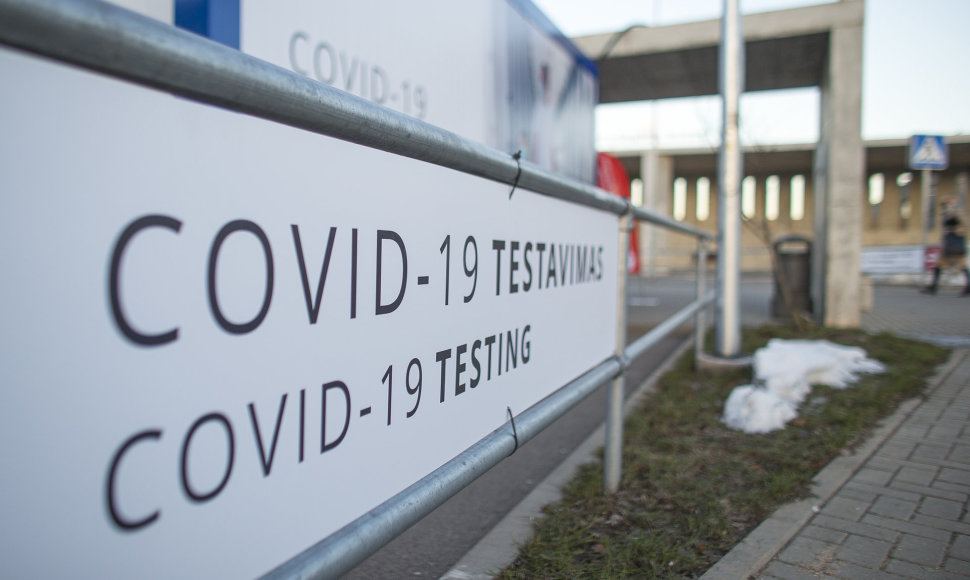Symptoms persist
According to T. Maselienė, various clinical studies have shown that even after recovering from the coronavirus, up to a third of patients experience at least one symptom even after the disease has gone. The aftereffects depend on the severity of the infection: after medium or light infections, it takes up to three weeks to fully recover, while after a severe case, the symptoms can linger up to 2-3 months or longer.
"After recovering from a severe case of COVID-19, certain systems often persist – exhaustion, difficulty in breathing, shortness of breath, chest pains, and coughing. Recovering patients often also experience psychological symptoms such as anxiety, depression or cognitive symptoms such as worsening of memory or concentration, and so on. Sometimes, less characteristic lingering symptoms occur – loss of the sense of smell, nausea, headaches, muscle and joint pains," says the internal medicine doctor.
She adds that it is uncommon for various damages to the body to be found when testing individuals suffering from the disease's lingering symptoms.
"Usually, organ damage is found after severe COVID-19 infections. Sometimes, liver and kidney damage occurs due to excessive anti-inflammatory medication such as paracetamol or other medicines that reduce fever and pain. Electrolyte imbalances can occur, as well as changes to one's urine after intensive sweating and insufficient consumption of liquids," T. Maselienė explains.
Testing recommended
According to the doctor, after recovering from the coronavirus, it is advised to test one's inflammatory blood markers and evaluate whether inflammation has subsided.
It is also beneficial to check whether liver and kidney function was not damaged by the medicines consumed or the disease itself.
"After recovery from COVID-19, patients often experience protracted lingering issues and often might not notice specific damage to their organs. During a comprehensive health test programme, general blood and C-reactive protein (CRP) studies are performed, which allows for gauging inflammation and distinguishing a viral infection from a bacterial one.
Tests are performed to indicate nutrient content in the body and evaluate for renal failure and liver failure, and factors are also evaluated which can result in exhaustion, a general sense of weakness, as well as evaluation of electrolyte imbalance, and the programme also includes quantitative testing of Covid IgG antibodies. When bodily changes are found, the patients' symptoms can be alleviated more easily, and their recovery sped up," T. Maselienė emphasises.
During a COVID-19 infection, nutrients are lost unnoticeably, but they are essential for the body's quick recovery and general wellbeing. It is vital to get tested whether potassium, sodium, chlorine and magnesium deficiencies have not developed.
When feeling shortness of breath and coughing persisting, it is crucial to take a chest cavity x-ray and check whether there have not been any lung changes to pursue timely treatment. It is worth finding out whether there are sufficient antibodies quantities in the body after the infection to avoid reinfection hopefully.
According to T. Maselienė, it does not take long to be tested after the coronavirus infection. Neither does it take much strength, but these tests' results will help one feel more secure in knowing whether the disease caused harm to one's body.
Kardiolitos Klinikos has three clinics in Vilnius, Kaunas and Šiauliai, which employ around 400 qualified doctors. The clinics offer services in 45 medical areas to both Lithuanian clients and those arriving from abroad. Based on a Spinter Tyrimai survey commissioned in December 2020 by Kardiolitos Klinikos, the clinics are among the most well-known private treatment institutions in Lithuania.













